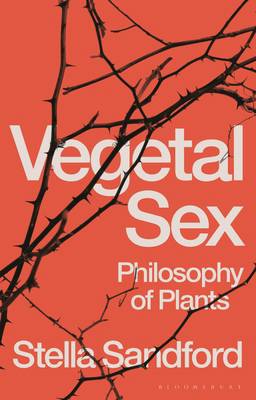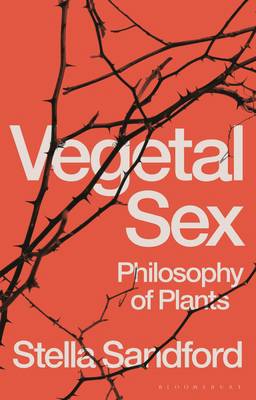
- Retrait gratuit dans votre magasin Club
- 7.000.000 titres dans notre catalogue
- Payer en toute sécurité
- Toujours un magasin près de chez vous
- Retrait gratuit dans votre magasin Club
- 7.000.0000 titres dans notre catalogue
- Payer en toute sécurité
- Toujours un magasin près de chez vous
Description
This book introduces the reader to the exciting new field of plant philosophy and takes it in a new direction to ask: what does it mean to say that plants are sexed? Do 'male' and 'female' really mean the same when applied to humans, trees, fungi and algae? Are the zoological categories of sex really adequate for understanding the - uniquely 'dibiontic' - life cycle of plants?
Vegetal Sex addresses these questions through a detailed analysis of major moments in the history of plant sex, from Aristotle to the modern day. Tracing the transformations in the analogy between animals and plants that characterize this history, it shows how the analogy still functions in contemporary botany and asks: what would a non-zoocentric, plant-centred philosophy of vegetal sex be like?
Spécifications
Parties prenantes
- Auteur(s) :
- Editeur:
Contenu
- Nombre de pages :
- 256
- Langue:
- Anglais
Caractéristiques
- EAN:
- 9781350274938
- Date de parution :
- 03-11-22
- Format:
- Livre broché
- Format numérique:
- Trade paperback (VS)
- Dimensions :
- 140 mm x 215 mm
- Poids :
- 331 g

Les avis
Nous publions uniquement les avis qui respectent les conditions requises. Consultez nos conditions pour les avis.






